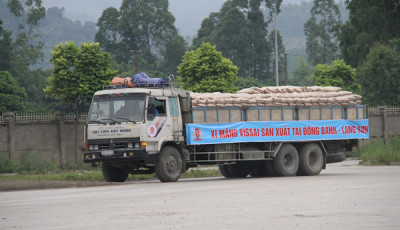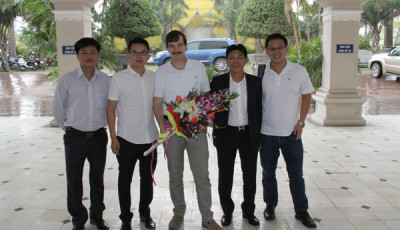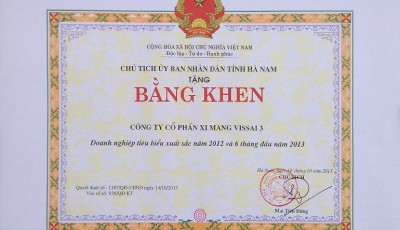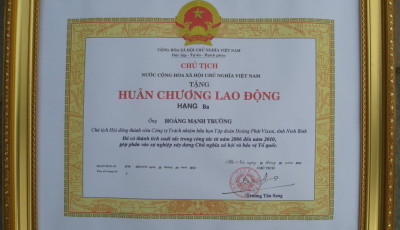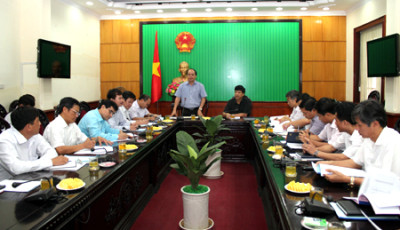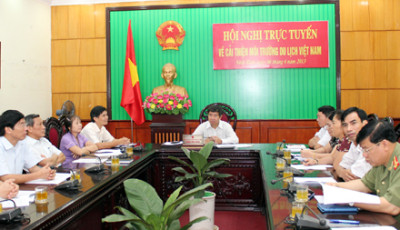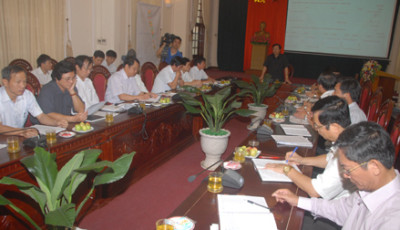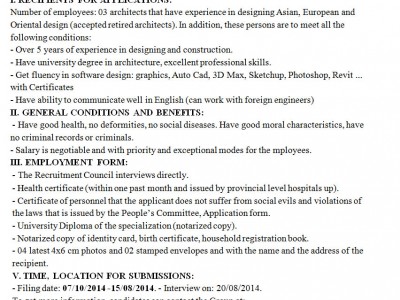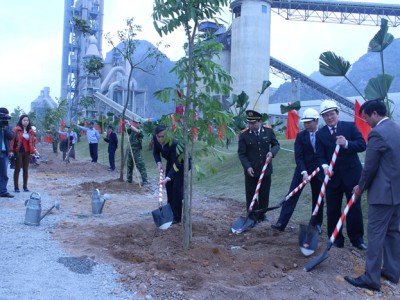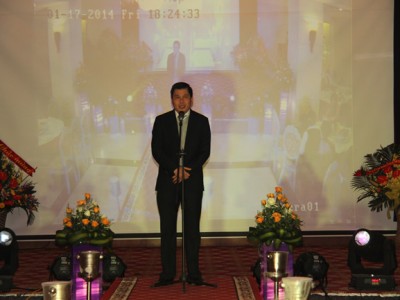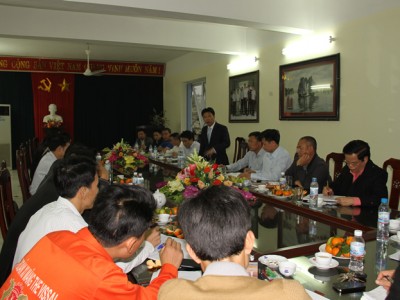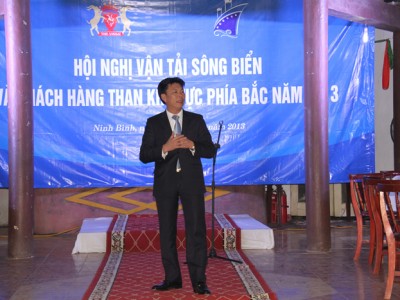Businesses go bankrupt, who pays environment fee arrears?
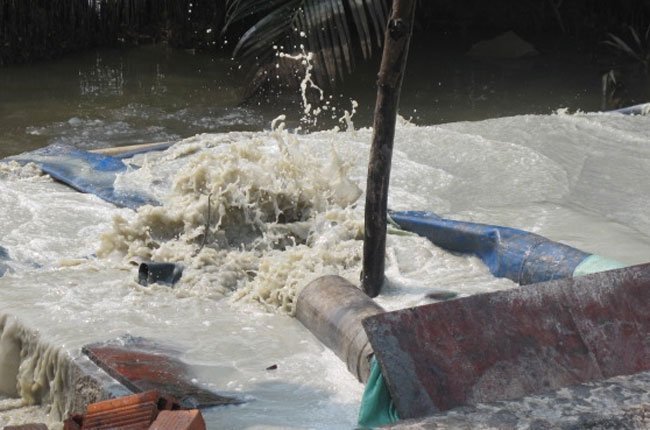
The story of Hao Duong
Hao Duong, a leather processing company in HCM City, was caught discharging untreated waste water to the Dong Dien River in October 2013. It has been found as owing VND600 million in waste water treatment to the Hiep Phuoc Industrial Zone Development Company.
It is estimated that over 7,000 cubic meters of waste water of the company has not been treated. And it is unclear how to treat it, because Hao Duong has been forced to stop its operation and facing the water cut since October, according to Tich Lan, Environment Director of the Hiep Phuoc Industrial Zone Development Company.
The story of Hao Duong has raised a lot of questions. Who will take the responsibility of treating the waste water in case the enterprises in industrial zones or the industrial zone development companies themselves get dissolved, or have no more capability to treat waste water?
Lan from Hiep Phuoc Industrial Zone Development Company said in principle, the infrastructure developer must fulfill their duties of treating the waste treatment before declaring the bankruptcy.
In case of Hao Duong, Lan stressed that the enterprise must treat the waste water and only discharge standard waste water into the environment, even if it goes bankrupt.
A report by the Ministry of Natural Resources and the Environment showed that only 143 out of the 179 operational industrial zones have concentrated waste water treatment systems. It is estimated that 240,000 cubic meters of waste water is discharged directly to the environment everyday, without any treatment, thus causing the pollution to the nearby residential quarters.
The loopholes of the laws
According to Lawyer Pham Van Vo, an expert in environment protection laws, concentrated waste water treatment systems in industrial zones belong to the zones’ development companies. Therefore, in case the companies get bankrupt and the zones are transferred to other investors, the other investors, or the new owners of the zones, must inherit the responsibilities of dealing with untreated waste water.
In principle, the treatment of the waste water collected from the enterprises in industrial zones is implemented in accordance with economic contracts. Therefore, if the industrial zone development companies cannot receive waste water from enterprises for treatment, they are considered as breaking the contracts and they will be punished in accordance with the contracts’ provisions.
Also according to Vo, the activities of treating waste water in urban areas and industrial zones are covered by the Decree No. 88 dated May 28, 2007.
However, Thoi bao Kinh te Saigon affirmed that the decree only stipulates the responsibilities of state management agencies in the water drainage and the requirements on waste water standards, while there is no detailed provision on how to deal with the waste water generated by bankrupt enterprises.
Pham Tien Dung from the southern branch of the Institute for Labor Protection and Environment Protection affirmed that there is no regulation about the legal responsibilities for the waste water treatment if the infrastructure developers goes bankrupt or cannot pay money to maintain concentrated waste water treatment systems.
TBKTSG




